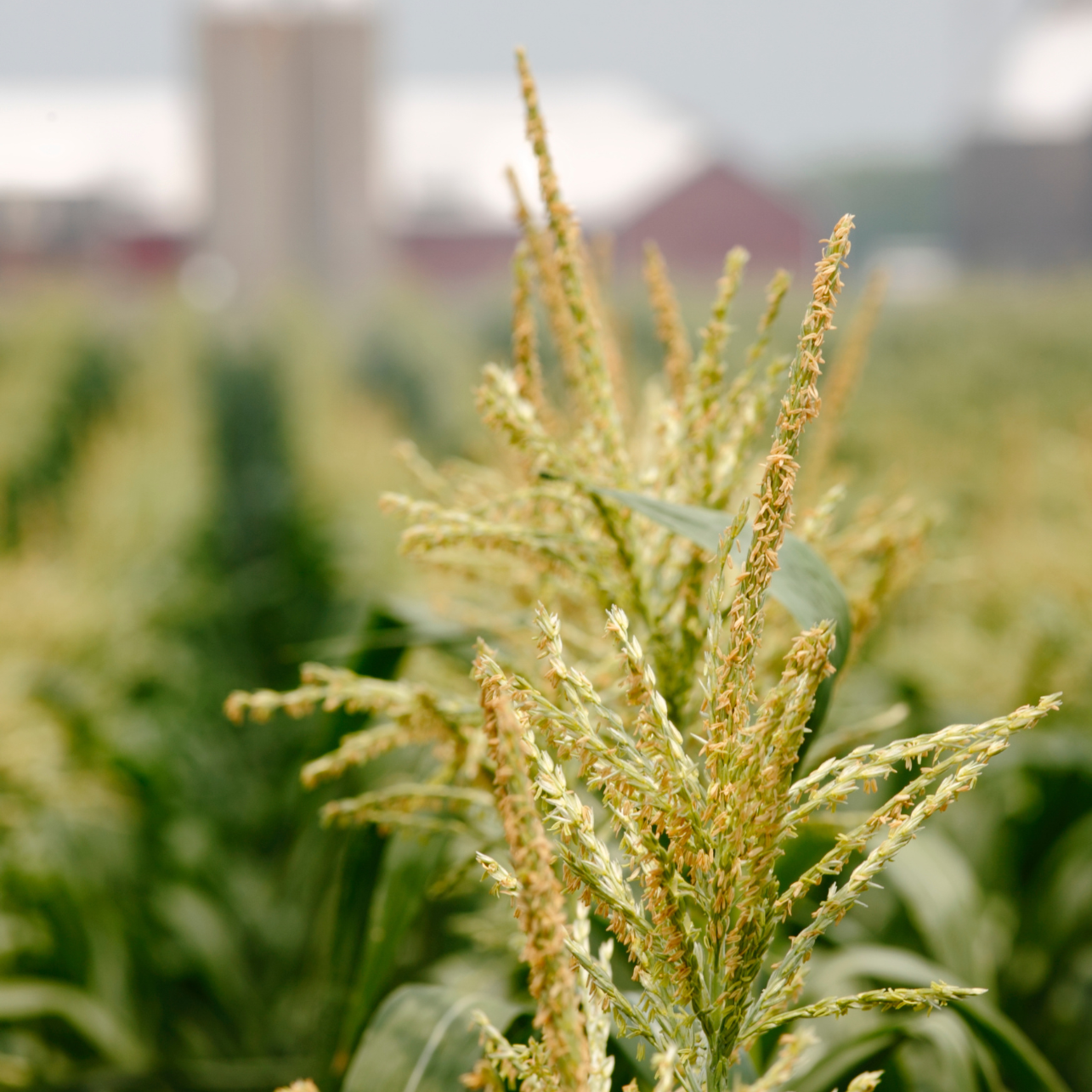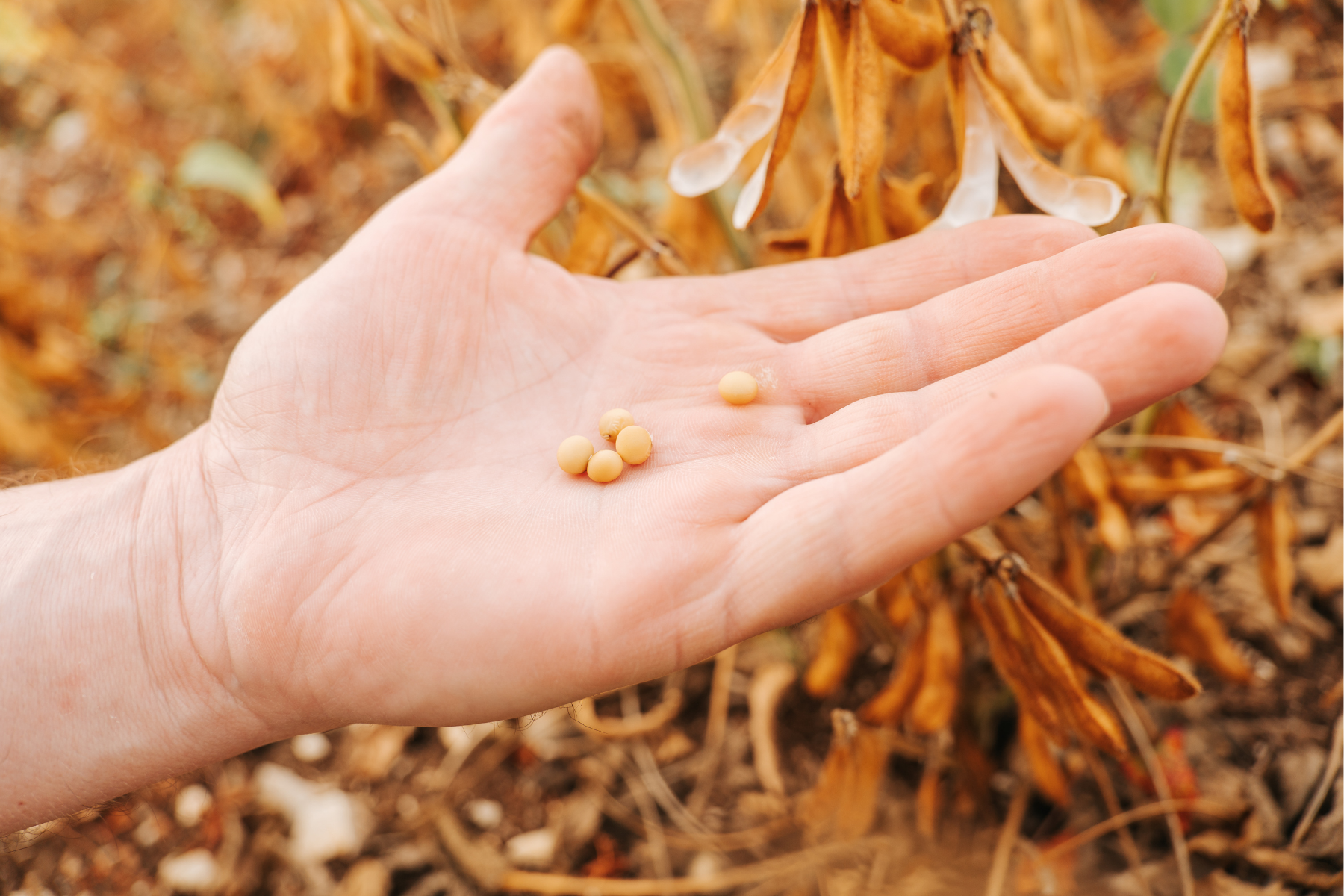Ensuring your crops stay healthy is crucial for achieving a successful harvest, and one significant challenge in this endeavor is fungicide resistance. This resistance can compromise your disease management efforts, but our certified crop advisors at Sylvite are here to provide expert guidance on effectively managing and preventing this issue in your fields.
What is Fungicide Resistance?
Fungicide resistance occurs when fungal pathogens develop the ability to survive treatments that once controlled them. Over time, these resistant strains can become dominant, making it harder to manage diseases and protect your crops. This can lead to increased crop damage and reduced yields.
Why is Fungicide Resistance a Problem?
- Reduced Effectiveness: Fungicides that once worked well may no longer provide adequate control, leading to persistent disease problems.
- Increased Costs: As resistance develops, you may need to use higher rates of fungicides or switch to more expensive products, increasing your overall production costs.
- Limited Options: Fungicide resistance can reduce the number of effective products available, limiting your options for disease management.
Tips for Managing and Preventing Fungicide Resistance
- Rotate Fungicides: Use fungicides with different modes of action. Rotating products helps prevent fungi from developing resistance to a single type of fungicide.
- Mix and Match: Tank mix fungicides with different modes of action. This can provide more comprehensive disease control and reduce the chances of resistance development.
- Follow Label Instructions: Always follow the manufacturer’s label instructions for application rates and timings. Overuse or misuse of fungicides can accelerate resistance.
- Integrated Pest Management (IPM): Implement an IPM strategy that includes cultural practices, biological controls, and chemical treatments. This holistic approach reduces reliance on fungicides alone.
- Use Fungicides Wisely: Apply fungicides only when necessary. Avoid routine applications and base your decisions on disease pressure and field conditions.
- Scout Regularly: Monitor your fields for signs of disease and resistance. Early detection allows for timely interventions and better management decisions.
- Maintain Good Field Hygiene: Remove and destroy infected plant debris and practice crop rotation to reduce the buildup of fungal pathogens in the soil.
Value-Added Products to Support Resistance Management
At Sylvite, we offer value-added products that can enhance your fungicide resistance management strategy:
- Adjuvants: These additives improve fungicide performance by enhancing coverage and absorption, ensuring better disease control.
- Biological Fungicides: These products contain beneficial microbes that provide an alternative mode of action against fungal pathogens, supporting a more diverse disease management approach.
- Plant Health Promoters: Nutritional supplements and biostimulants can boost plant health, making crops more resilient to diseases and reducing the need for fungicides.
Partner with Sylvite for Expert Guidance
Our certified crop advisors at Sylvite are dedicated to helping you manage and prevent fungicide resistance. We stay up-to-date with the latest research and industry trends to provide you with the best advice and products available. When you work with us, you can trust that you’re getting top-notch expertise and personalized recommendations tailored to your specific needs.
Conclusion
Fungicide resistance is a growing concern, but with the right strategies and products, you can manage and prevent it effectively. At Sylvite, our agriculture team is committed to helping you protect your crops and achieve optimal yields. Reach out to one of our certified crop advisors today to learn more about fungicide resistance management and other crop health solutions.




